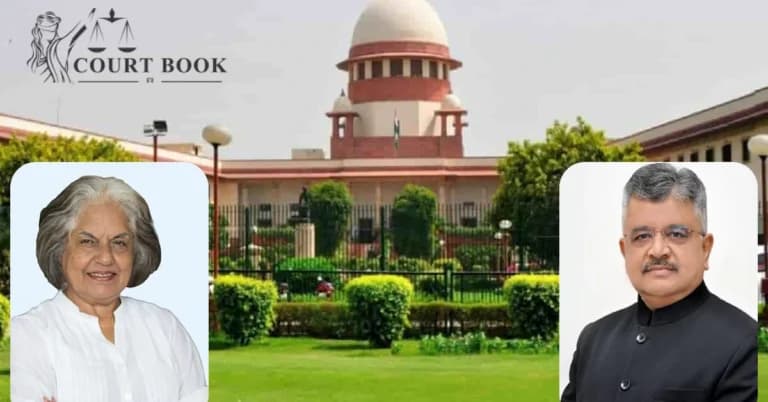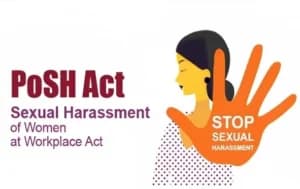The process of designating Senior Advocates in India has come under scrutiny, with concerns raised about the fairness of the interview process. The Supreme Court has questioned whether an interview of just a few minutes is sufficient to assess the competence of eminent lawyers with years of experience. This debate brings forth broader concerns about lobbying, fairness, and the dignity of the legal profession.
The Supreme Court's Concerns About the Interview Process
The Supreme Court, in a recent hearing, questioned the validity of subjecting experienced lawyers to an interview for Senior Advocate designation. Justice Abhay Oka raised significant concerns:
- Senior lawyers play a crucial role in aiding the judiciary, and their caliber should not be judged solely on the basis of a brief interview.
- The Advocates Act, Section 16, emphasizes a lawyer’s standing, which is built over years and should not be reduced to a short interaction.
- Some eminent lawyers may avoid applying for the designation to avoid the interview process, thereby excluding top legal minds from consideration.
Read Also:- Justice Hrishikesh Roy’s Farewell: A Celebration of His Remarkable Judicial Journey and Legacy
Justice Oka highlighted the potential flaws in assigning marks based on a short interaction, as factors like a lawyer’s health or an off day could unfairly affect their score.
"Standing is not limited to one case, or one year, or three years. It has to be a consistent performance."
Criticism of the 2017 Designation System
The 2017 ruling in Indira Jaising v. Supreme Court of India introduced a structured point-based system for the designation of Senior Advocates. However, this system has been criticized for failing to eliminate lobbying practices.
Senior Advocate Indira Jaising, who had initially sought reforms, pointed out that lobbying continues under the new framework.
"A lot of lobbying is taking place even under this system,"
she remarked, urging that the judiciary take corrective steps.
Solicitor General Tushar Mehta concurred, calling the lobbying practices
"embarrassing" and stressing the need for a more transparent selection process. "Only she (Jaising) could have said this, but it is a fact. It is unfortunate, but it is a fact. And it is really embarrassing. Your Lordships will have to stop this."
Read Also:- Delhi High Court Reserves Verdict on Petitions Against '2020 Delhi' Film Release
A major point of contention is whether the interview process should be abolished. The current system assigns 25 marks to an interaction that lasts only a few minutes, which some legal experts argue is inadequate and arbitrary.
- SG Mehta argued that interviews should be removed, as they diminish the dignity of senior lawyers. "If Your Lordships do not know me (a candidate), then within 5 minutes or 15 minutes, what can I convince the court?"
- Justice Oka questioned whether it is fair to subject distinguished lawyers to an interview when their contributions to the legal field are already well established.
- Indira Jaising maintained that the designation process should focus on competence rather than dignity. "You are being designated for your competence. So please find a way of judging competence."
Read Also:- Supreme Court Modifies Its Judgment: Validates PG Degrees of Medical Professionals in West Bengal
Several legal experts and stakeholders have suggested reforms to improve the designation process:
- Abolishing Interviews: Given the flaws in the current interview system, many suggest that it should be replaced with a more objective evaluation method.
- Secret Ballot System: Amicus Curiae S Muralidhar suggested that a secret ballot be introduced as a rule, rather than as an exception, to ensure fair evaluation.
- No Judicial Recommendations: Jaising proposed that no sitting judge should recommend any lawyer for designation to eliminate undue influence.
- Greater Transparency: The Supreme Court may need to introduce clear guidelines on how marks are assigned during the evaluation process.
- Diversity Considerations: Jaising emphasized that diversity should be a factor in designations, ensuring representation from Scheduled Castes, Scheduled Tribes, and minority communities.
After hearing arguments from all sides, the Supreme Court has reserved its order. The outcome of this case could significantly impact the way Senior Advocates are designated in the future, potentially leading to the abolition of interviews and the introduction of a more transparent selection process.
The controversy surrounding the Senior Advocate designation process underscores the need for judicial reform. While competence must remain the core criterion, the method of assessment needs to be fair, transparent, and free from lobbying. The Supreme Court’s final decision on this matter will determine the future framework of Senior Advocate designations in India.














